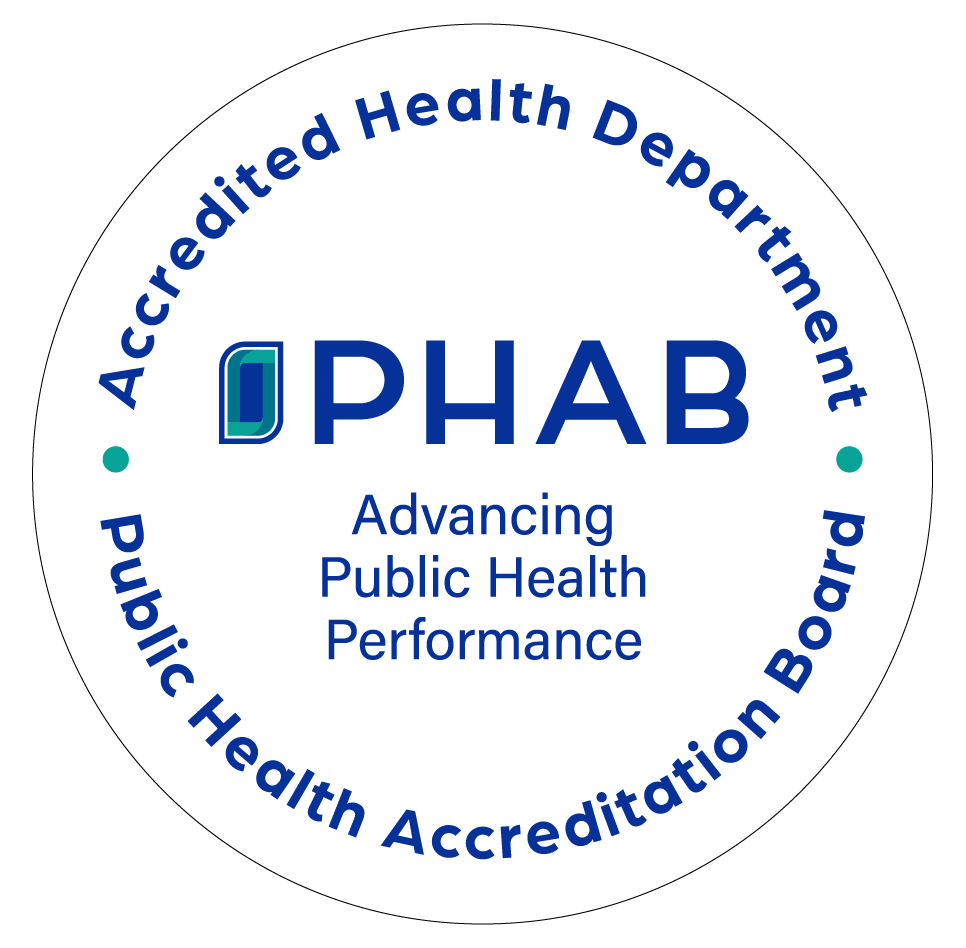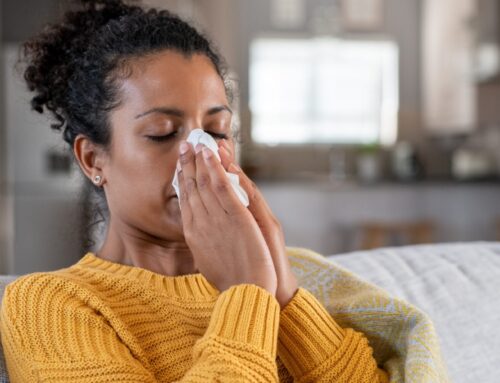An air quality alert is currently in place throughout most of Northeast Ohio, including Medina County, due to wildfire smoke from Canada. Over the last two days, the air quality in our area has been listed as either unhealthy or very unhealthy according to the U.S. Environmental Protection Agency’s AirNow.gov website. It is recommended that everyone keep outdoor activities light and short, and avoid strenuous outdoor activities. People with heart or lung disease should avoid outdoor physical activities.
Breathing in smoke can have immediate health effects, including:
- Coughing
- Trouble breathing normally
- Stinging eyes
- Scratchy throat
- Runny nose
- Irritated sinuses
- Wheezing and shortness of breath
- Chest pain
- Headaches
- Asthma trigger
- Tiredness
- Fast heartbeat
Older adults, pregnant persons, children, and people with preexisting respiratory and heart conditions may be more likely to get sick if they breathe in wildfire smoke. According to the Centers for Disease Control and Prevention (CDC) use these tips to protect yourself from breathing wildfire smoke:
- Pay attention to local air quality reports and watch for health warnings about smoke. Take extra precautions such as limiting outdoor activity, especially exercise.
- Pay attention to air visibility guidelines.
- As it is recommended, stay indoors and keep your indoor air as clean as possible. Keep windows and doors closed unless it is very hot outside. Run an air conditioner if you have one, but keep the fresh air intake closed and the filter clean to prevent outdoor smoke from getting inside. Seek shelter somewhere else if you do not have an air conditioner and it is too warm to stay inside with the windows closed.
- Use a freestanding indoor air filter with particle removal to help protect vulnerable individuals.
- Do not add to indoor pollution. When smoke levels are high, do not use anything that burns, such as candles and fireplaces. Do not vacuum, because vacuuming stirs up particles already inside your home. Do not smoke tobacco or other products, because smoking puts even more pollution into the air.
- Stay hydrated by drinking plenty of water. If your eyes, nose or throat are irritated, running a humidifier may provide some relief.
- Follow your doctor’s advice about medicines and about your respiratory management plan if you have asthma or another lung disease or cardiovascular disease. Call your doctor immediately if your symptoms worsen.
- Do not rely on dust masks for protection, these masks will not protect your lungs from smoke particles.
- Avoid smoke exposure during outdoor recreation. If conditions are considered unhealthy avoid or limit your outdoors exposure time.
- Those with asthma are encouraged to carefully follow your asthma action plan, if you have one. Make sure you have enough medication for several days.
Follow our Facebook or Twitter social media pages for updates related to air quality and other public health issues. For more information on health impacts from wildfire smoke, visit the CDC’s Wildfire Smoke webpage.



